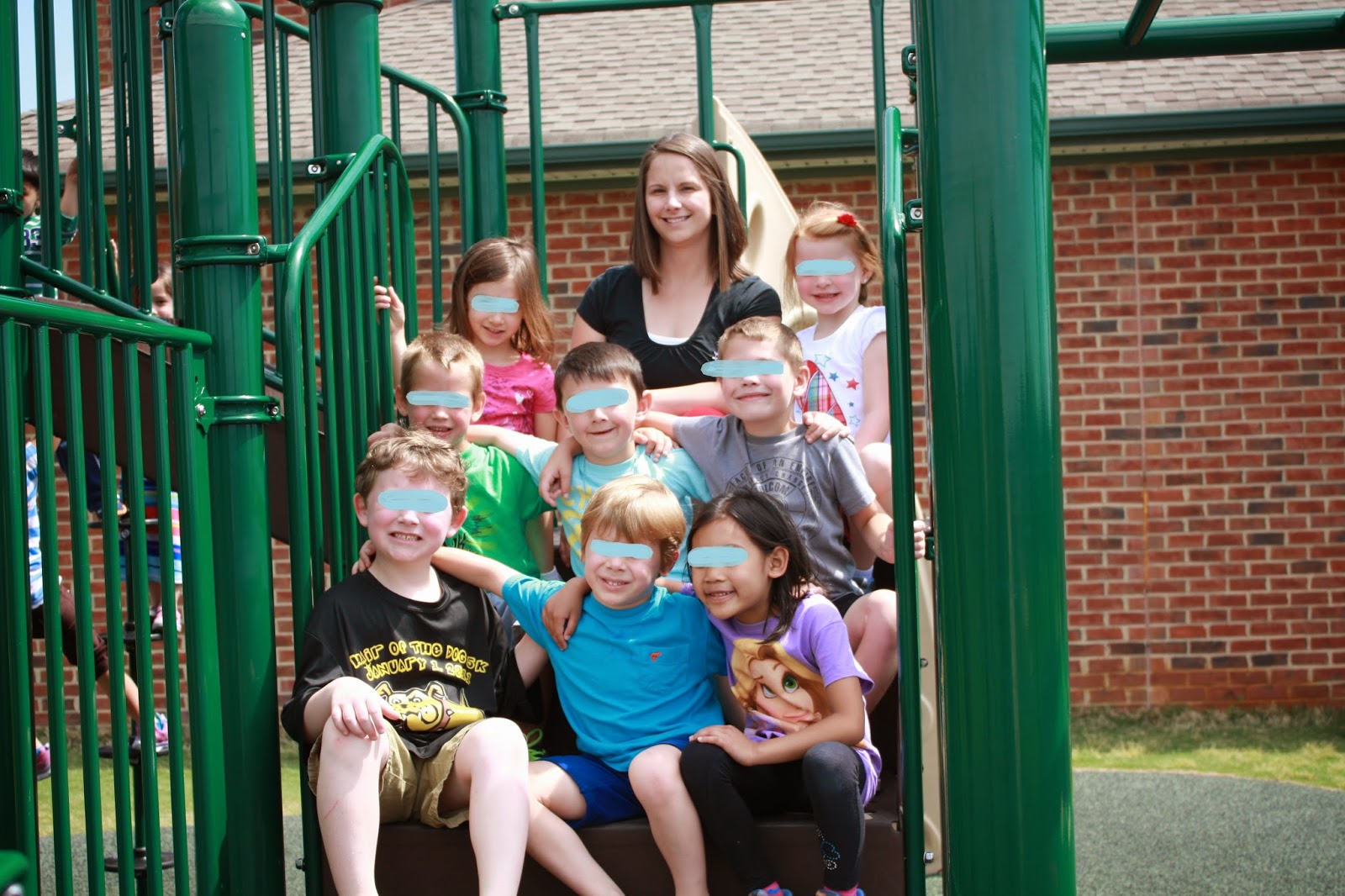Wednesday Words- Impulse Control

Wednesday Words We will look at the words that define us. If you have spent much time teaching young children you have heard of impulse control, but what is it? First let's look at the brain: source The main part of the brain that is in control during the act of stopping to think actions through is the frontal lobe. As stated in an article by the Livestrong Foundation, found here , Higher-level thinking is supported by the frontal lobes. Activity in these lobes allows us to reason, make judgments, make plans for the near and far future, make choices, take action, solve problems and generally control our living environment. Without fully functioning frontal lobes, you may have intelligence, but you wouldn’t be able to put it to use. The quote mentions "fully functioning" frontal lobes. When do they become "fully functioning?" I'm glad you asked..... around the mid-twenties. Although, I'm sure many of us have met those roug...




